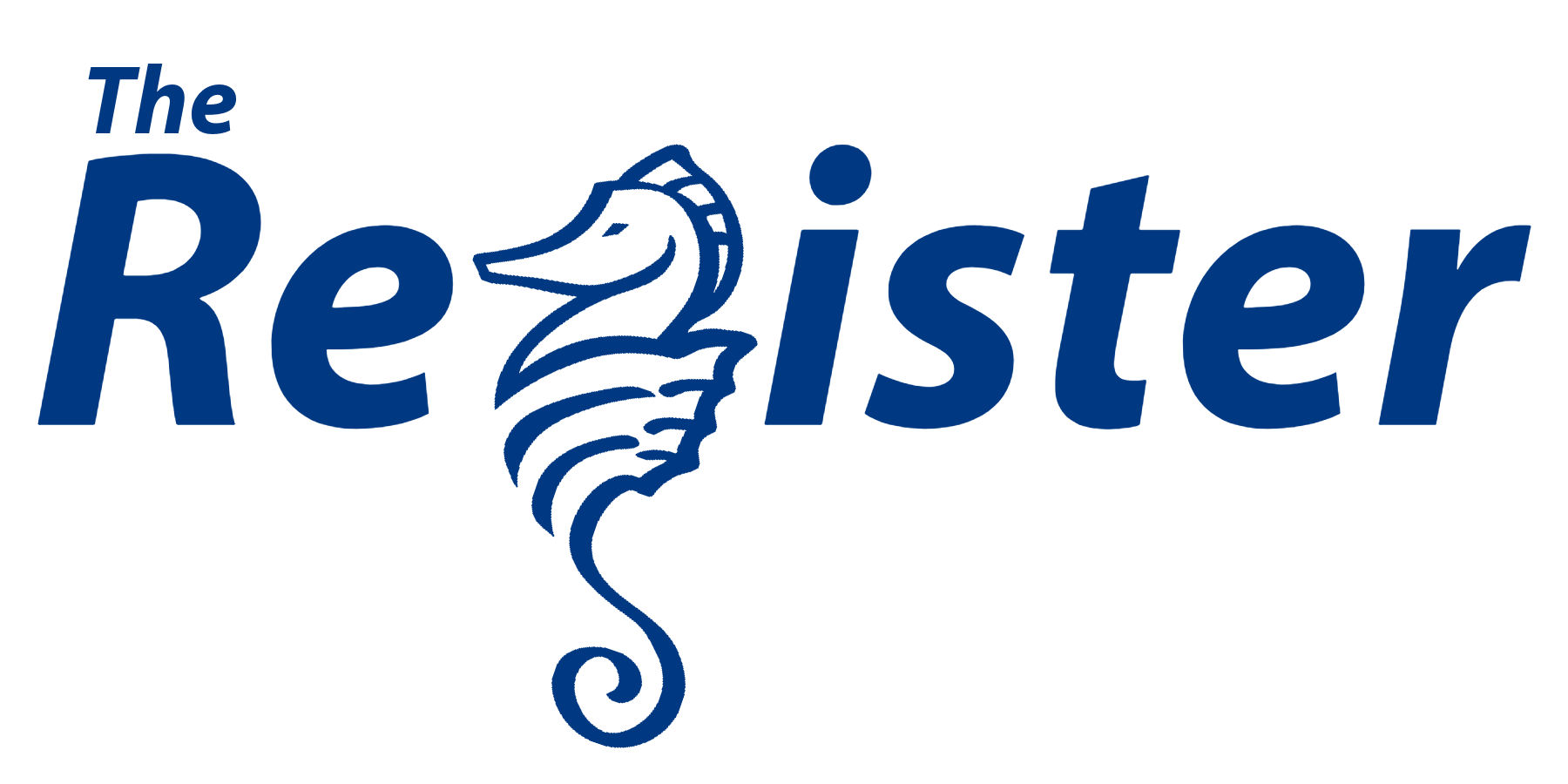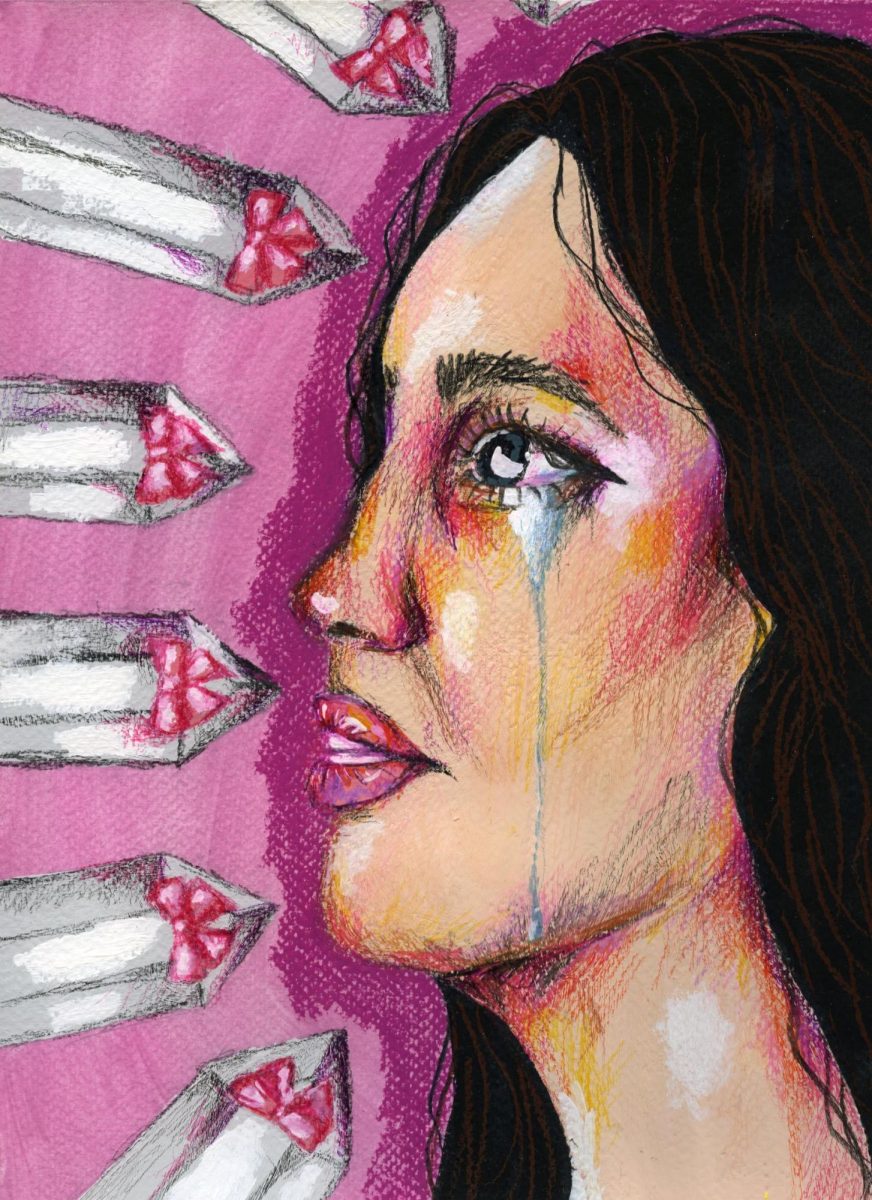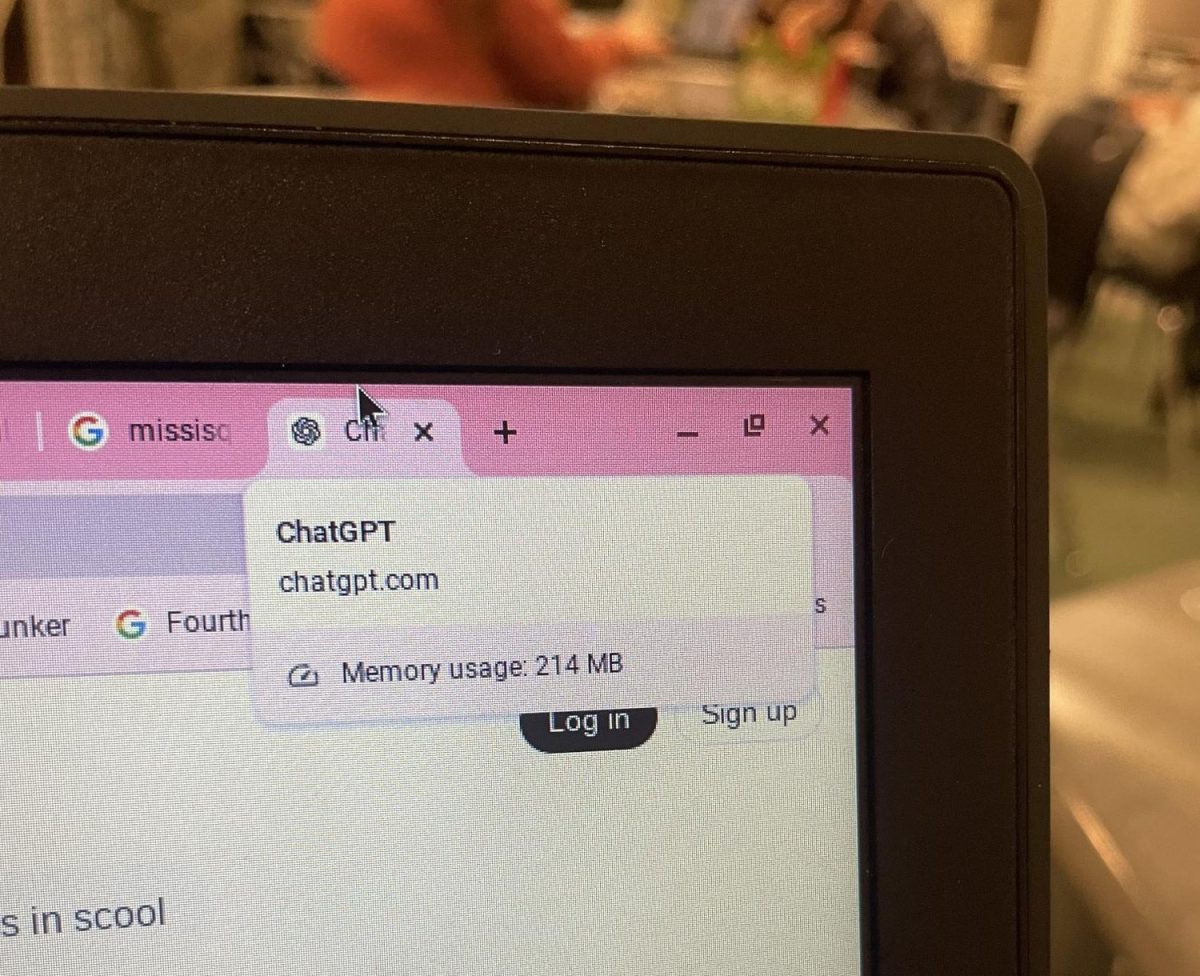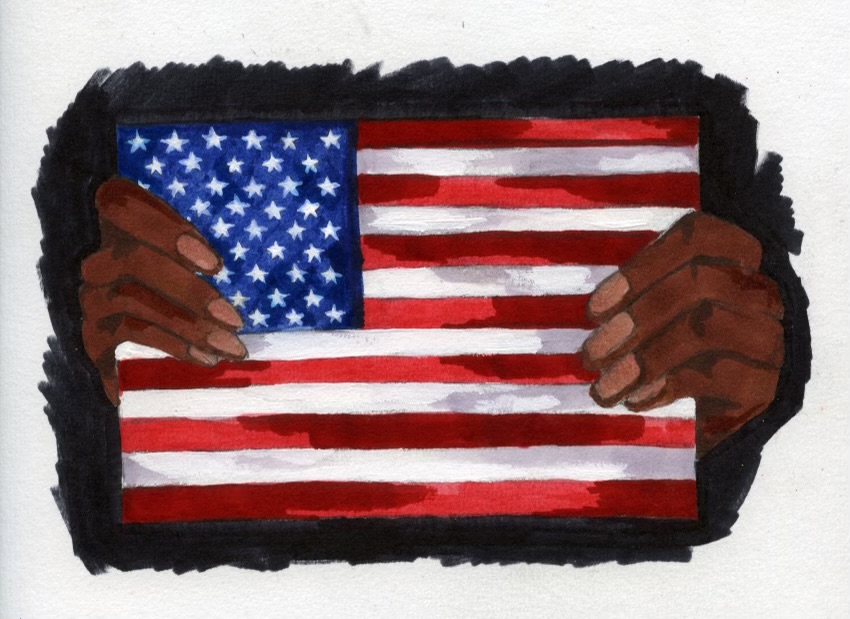Censorship is oppressive, and Burlington High School has a problem with it.
The BHS Register strives to be fair, accurate, informative, and serve as a public forum for student expression, but years of concern have prompted policies and actions that avert this mission.
Out of fear for administrative backlash, our faculty adviser has been bringing controversial articles and images to BHS leaders for years. They have told us countless times to pull an image, omit a fact, change a headline, or remove an article completely.
At the start of the school year, many members were aware of a controversial and potentially racist sign that was brought into a Burlington vs. Rice football game. The Register reported the facts, nothing else, yet we were forced to alter the story. The image of the sign was not printed or posted on our website and the language printed on the poster was not listed in the article. Omitting this crucial fact did not allow for readers to be able to have an accurate, informed opinion on the situation.
Our current school system makes this kind of “self-censorship” unavoidable. We are not free, independent media; we depend on the school administration to operate. They partially fund our operating costs, and decide if our journalism program goes on the chopping block.
The Burlington School District is a politically active community, a value that should be viewed as an asset in an educational environment. Instead, this civic engagement has prompted worry from administration about the image of our school that the Register creates.
As a response to those concerns, the BHS administration now demands that we send them all of our content, 48 hours before publication, for their approval. Anything they don’t like they can pull. It’s all up to them.
Over the past six months we have published a number of pieces tackling challenging topics. From covering the tense contract negotiations between the teachers’ union and school board, to our crumbling school building and the lack of handicap accessibility.
This type of accountability journalism is exactly what a student newspaper should be publishing. This is what the greater community depends on to stay informed on the performance of our schools. Student-journalists are embedded journalists, and make up for the lack of education reporting by the mainstream media.
Censorship teaches students to shy away from curiosity and challenging topics, shutting down these story ideas from even forming in the first place.
I understand that high school students are not adults, but a level of trust and responsibility should be given to individuals who are 15 to 18 years old. We are supervised by two teachers, our journalism advisers, who provide advice and assistance as we produce content. We follow the standard ethics and journalistic practices that professionals do. This is not a free-for-all.
Given the aforementioned points, I urge the BHS administration to remove their policy of prior review and support censorship protection measures for student-journalists. Our schools should not be a place where we teach tomorrow’s leaders that censorship is acceptable.










